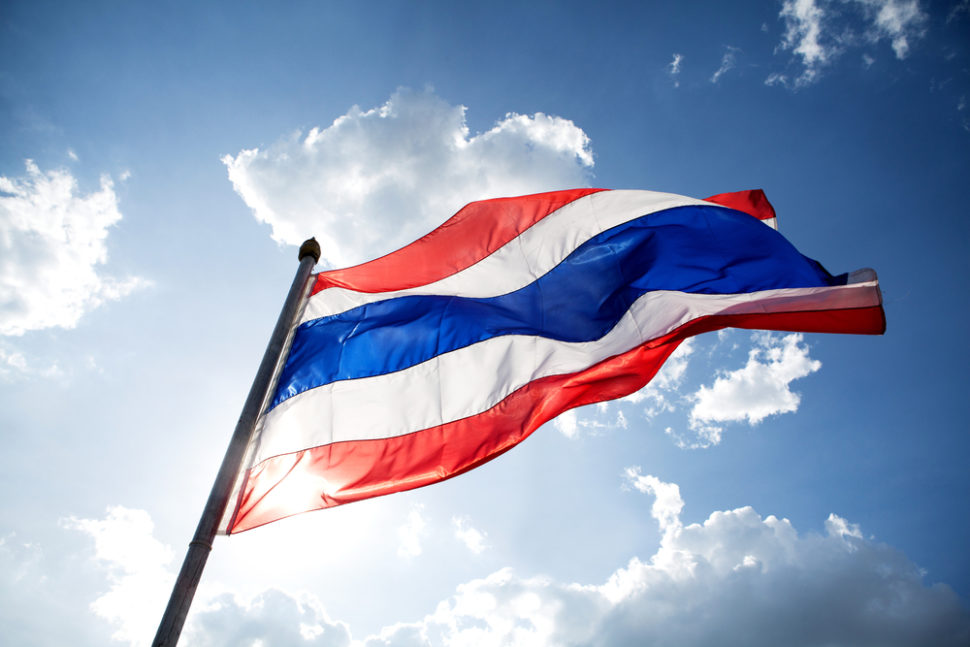Thailand’s Government reportedly passed a controversial Cybersecurity Law last Thursday night despite vocal opposition from businesses and activists.
According to opposing groups, the sweeping powers given by the new law to state-run cyber firms could lead to serious abuses of user’s data.
The Cybersecurity Act received a unanimous win from the military-appointed parliament of Thailand. The bill is just one of the many policies implemented by Asian countries giving governments total access and control over the Internet.
Although the government already amended the law late last year after receiving heavy criticism, activists are still concerned that the current Thai government could access valuable data and equipment quickly just by declaring state emergencies.
Also, state cyber agencies could now monitor and access the private data of citizens and businesses without obtaining any court order.
Thailand’s Cybersecurity Law
Government critics also expressed their disappointment with the role of the National Cybersecurity Committee in the passing of the law.
Several requests to include representatives from different industry and civic groups were made prior to the vote to give the committee greater oversight and balance. However, all appeals failed to make changes.
In a statement released by Jeff Paine, the managing director of an international alliance called Asia Internet Coalition, he said:
“The Asia Internet Coalition is deeply disappointed that Thailand’s National Assembly has voted in favor of a Cybersecurity Law that overemphasizes a loosely-defined national security agenda, instead of its intended objective of guarding against cyber risks.
Protecting online security is a top priority; however, the Law’s ambiguously defined scope, vague language and lack of safeguards raise serious privacy concerns for both individuals and businesses, especially provisions that allow the overreaching authority to search and seize data and electronic equipment without proper legal oversight.
This would give the regime sweeping powers to monitor online traffic in the name of an emergency or as a preventive measure, potentially compromising private and corporate data.”
Aside from Thailand, other Asian countries like Vietnam and China also have their own versions of Cybersecurity Law. Most of these laws not only require foreign Internet companies to give the government access to user data but also demand them to operate local offices on their soil.




Comments (0)
Least Recent